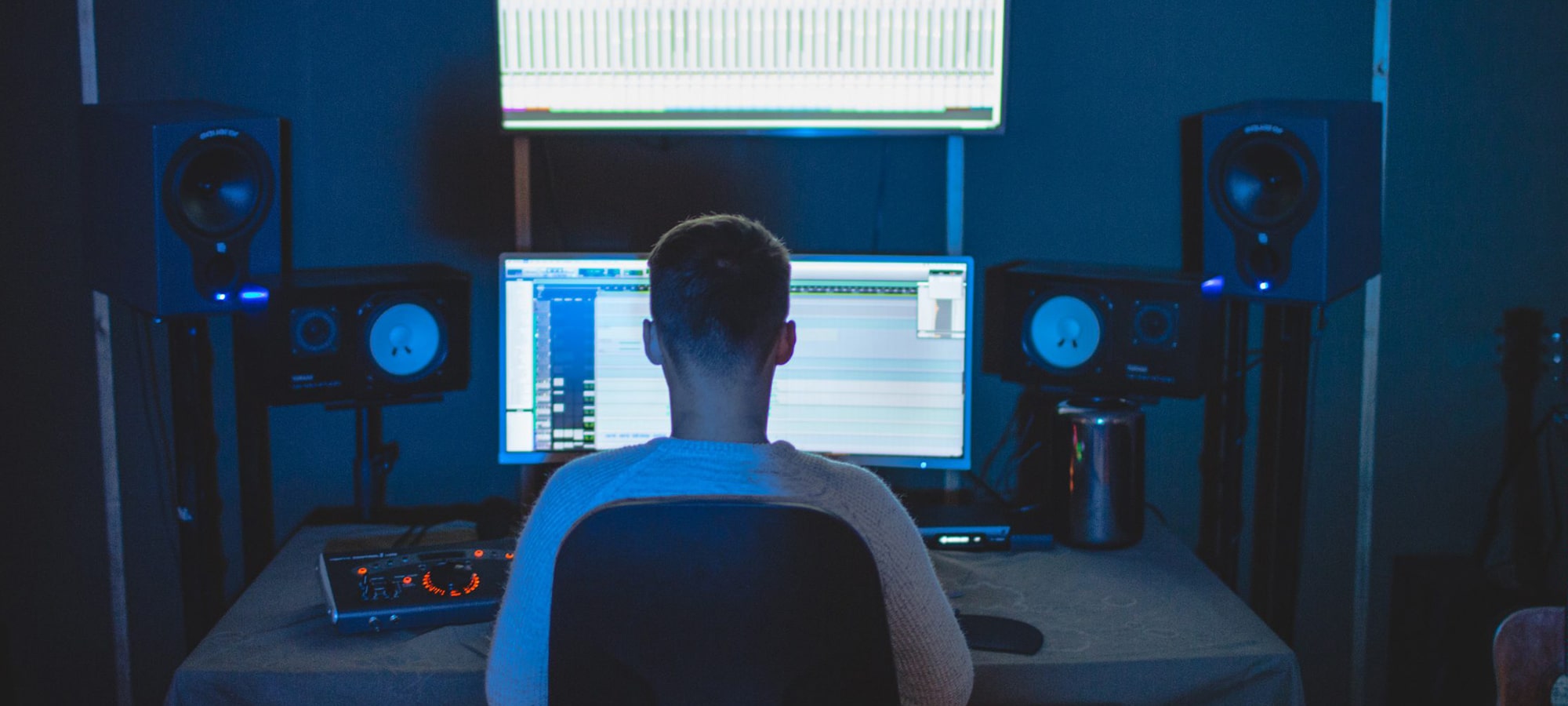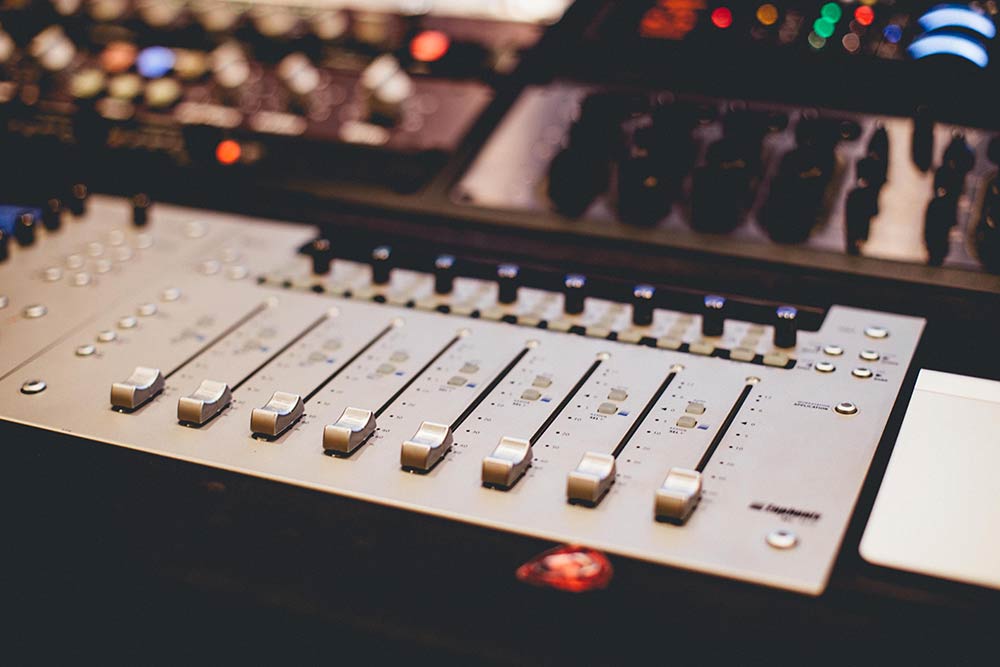
Audio engineering is the process of recording, mixing, and reproducing sound. It involves the use of a variety of tools and techniques to achieve the desired results. The first step in audio engineering is to capture the sound waves. This can be done using a microphone, which converts the sound waves into electrical signals. These signals are then recorded onto a medium, such as a tape or a digital file.
Once the sound has been recorded, it can be mixed and manipulated to create the desired effect. This is done by adjusting the levels of the various tracks, adding products, and changing the overall EQ. Finally, the audio is ready to be reproduced. This can be done using multiple methods, such as playing the recorded file or using an external playback device. Audio engineering is a complex process that requires a great deal of knowledge and skill. However, the results can be advantageous and gratifying. With the right tools and techniques, you can create unique soundscapes that will leave your listener captivated.
Audio production is creating, recording, and manipulating audio to create a finished product. It can be used for various purposes, including creating music, sand found sound effects for movies and video games, and creating multiple purposes, including making music, sound effects for film and video games, and voice-overs for commercials and other audio-visual projects. A few key elements that that that that few key elementsfeatureselements features are essential to any audio production, regardless of its purpose. These include a good understanding of acoustics, audio editing software, and a keen ear for detail.
Acoustics studies how sound waves interact with each other and with the environment. This is important for audio production because it allows the audio engineer to control the soundscape and create the desired sonic effect. Audio editing software is used to manipulate recorded audio. This can change the pitch, volume, and other properties of the sound pitch, volume, and other properties. It can also add effects, such as reverb or echo. A good ear for detail is essential for audio production, as it allows the engineer to identify and correct errors in the recording. This includes background noise, clipping, and other issues that can affect the quality of the finished product.
Sound manipulation is manipulating sound waves to achieve the desired effect. Audio engineering is applying this process to create or enhance sound recordings. Sound manipulation has many benefits, including the ability to improve the quality of recordings, create unique sound effects, and enhance the overall listening experience. Audio engineering can correct errors in recordings, enhance the clarity of dialogue, and create a more immersive soundscape. Sound manipulation can also create special effects like echo, reverb, and distortion.



